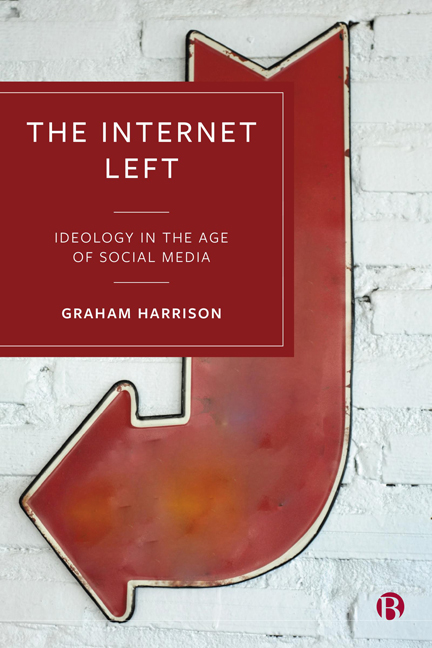Book contents
5 - Democratic Marxist Nationalism
Published online by Cambridge University Press: 03 April 2024
Summary
DMN is a strong candidate for a proto-ideology. It has generated a considerable archive of commentary on a range of political issues. It has done so in a way that is anchored around a set of core concepts. It also contains within it a political purpose or advocacy and a sense of difference contestation in relation to other ideological traditions.
DMN is a proto-ideology that fundamentally seeks to retain a Marxist political tradition and adapt it to a recent past and present that, it claims, has been disrobed of the deadening effects of liberal and social-democratic managerialism. Its leitmotif is a recrudescence of politics as a historical venue for confrontation and progress. It puts class at the centre of this return of the political. Articulating a certain narrative about democracy and the nationstate, DMN sketches a vision of struggle based in organised mass agency and the possibility of new political parties. Its analytical lens might be described as realistic in the sense that political theory uses that term: cautious about political moralisation, cognisant of political incommensurability, and aware of the unique political resources offered by state sovereignty.
DMN is generated through a core set of writers, websites, and campaigns. Although each author might contest their collation here as co-authors of an ideological tradition, mutatis mutandis, there is regular cross-referencing and shared reaction/position taking. Writers share online publication venues which themselves cross-endorse each writer. Spiked, the podcast Bungacast, the blogs and news sites The Full Brexit, Northern Star, Compact, Damage, and the publisher Zero Books serve as the core platform for DMN.
Core concepts
Democracy
DMN’s most fundamental core concept is democracy. Democracy is that good in itself that founds discussions about the merits of all political phenomena that revolve around it. It is Archimedean. This is a normative foundation which establishes a mode of assessment for a wide range of political phenomena. It is decontested in that it either trumps other political values or it articulates those values as best realised through democratic procedures. Of course, democracy is arguably a core normative concept for many ideological traditions. But DMN deploys this term in ways that allow it to bind together its own unique constellation of core concepts. Democracy is central to DMN for two reasons, one immanent and the other more relational.
- Type
- Chapter
- Information
- The Internet LeftIdeology in the Age of Social Media, pp. 79 - 95Publisher: Bristol University PressPrint publication year: 2023

